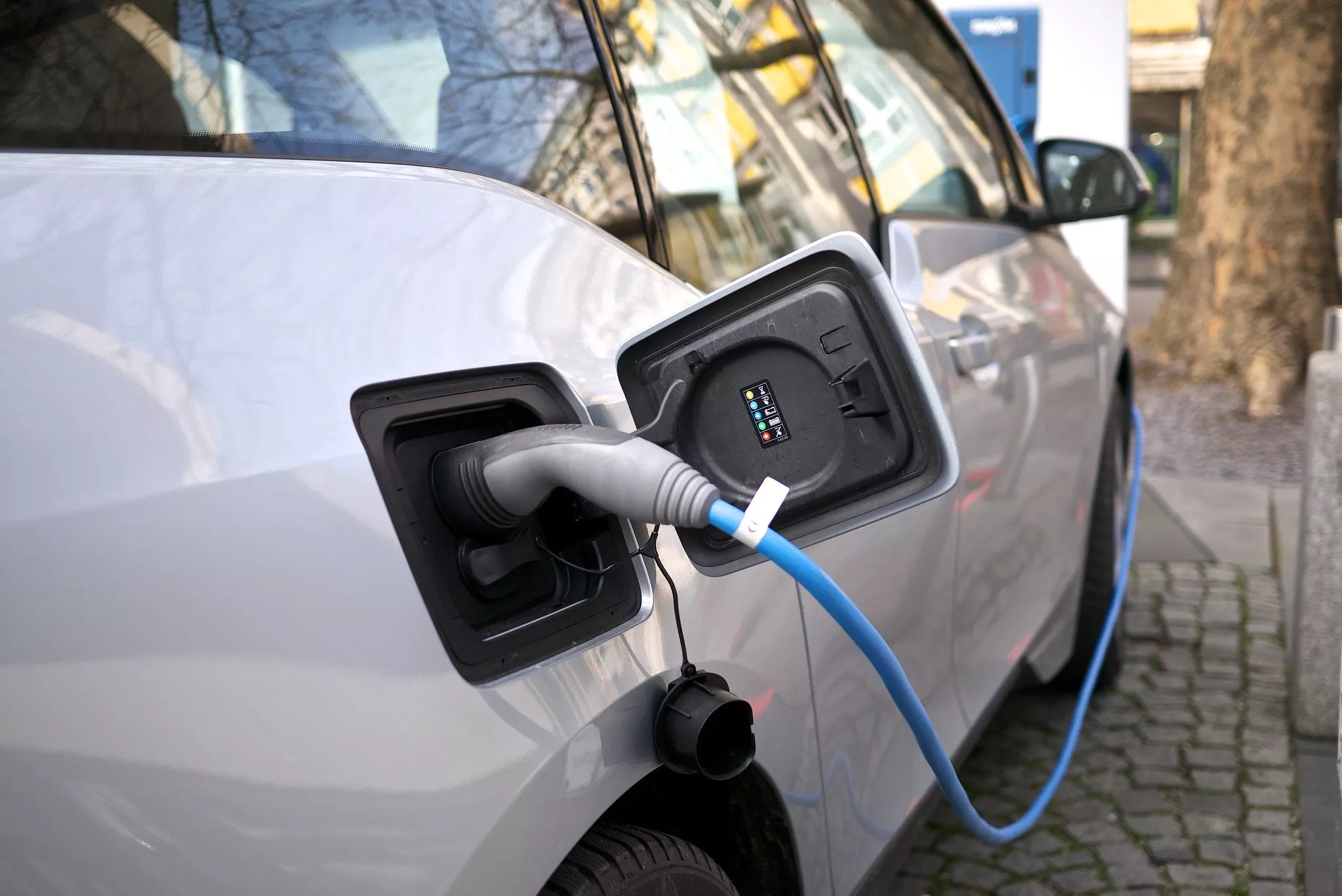
Karlis Dambrans / Flickr

Audio By Carbonatix
Denver is the second-best city in the country for clean energy in a ranking of the 75 largest cities in the United States.
According to the latest American Council for an Energy-Efficient Economy (ACEEE) ranking of the 75 largest United States cities, Denver has improved its clean-energy efforts in recent years, moving up four spots since 2021.
Denver scored a 62 percent, earning 155 of 250 possible points on the scorecard. San Francisco, which also came in first place in the last ACEEE ranking, edged Denver out with a mark of 158.5 of 250.
“This increase is largely owed to it having the highest buildings policy score,” the report says of Denver. “The city has adopted building performance requirements that set minimum efficiency standards for existing buildings and benefits from the State of Colorado’s requirement that rental property owners disclose energy use information to prospective tenants and buyers.”
The Mile High City outscored every other city in the buildings category, largely thanks to the adoption of the Denver Green Code in 2022. The code requires measurements of environmental factors like site sustainability, water and energy use, indoor air quality and operation plans. Some local building owners are currently challenging the new building standards in court, saying they are too stringent.
“This code requires solar and EV readiness and incentivizes all-electric construction,” says a fact sheet on Denver’s ranking. “The city offers energy efficiency incentives for affordable housing, nonprofits, and commercial buildings.”
The scorecard included an equity score for the first time this year, and praised a Denver policy that helps affordable housing providers comply with the new building codes. Additionally, Denver earned an extra two points for programs that help low-income households transition from gas to electric appliances. Only Baltimore, Chicago, Denver, Oakland, San Francisco, Seattle and Washington, D.C., received points for such programs.
“There’s definitely a need for more action in terms of passing policies and programs, getting projects off the ground, that address racial and social equity and advance clean energy at the same time, particularly in the building sector,” Stefen Samarripas, lead author of the scorecard, told media.
Along with success in building policies, Denver scored high on community-wide initiatives that account for greenhouse gas emissions reduction goals and progress toward meeting those goals.
“Denver is on track to meet its near-term goal to reduce GHG emissions 30 percent below 2005 levels by 2025,” the fact sheet describes.
The ranking report also praises Denver’s community engagement efforts and workforce development programs in the clean-energy sector. Denver had the highest score of any city on community-wide climate mitigation and energy goals, tallying sixteen of nineteen possible points.
Though Xcel Energy hasn’t always been a favorite of consumers, particularly after recent wind-related power outages, the utility’s efforts regarding clean-energy projects and better serving low-income communities helped Denver’s high ranking.
“The top-scoring cities for city-led decarbonization include Los Angeles, San Jose and Denver with seven points,” the report notes.
Denver also scored fairly well on local government operations; according to the scorecard, around 63 percent of its streetlights are LEDs and 7 percent of the city’s vehicle fleet are energy-efficient vehicles.
Denver’s Weakest Sectors for Clean Energy
Of all five categories on the scorecard, Denver scored the lowest on transportation, though it was still above the national average. Denver earned 27.5 of 70 possible points for transportation policy, with the city’s E-Bike rebates among the initiatives on which it scored well.
But Denver only scored four of the possible thirteen public transit points, which considers funding per capita, low-income access to high-quality transit, and an AllTransit ranking that examines transit connections to jobs and frequency of service.
On that metric, Denver scores a 7.8 out of 10 by providing a “very good combination of trips per week and number of jobs accessible enabling many people to take transit to work,” according to the Center for Neighborhood Technology.
Creating greenhouse gas reduction commitments specific to the transportation sector could be a good step in big cities like Denver, Samarripas said. “You’re going to have a lot of traffic, there’s going to be a lot of economic activity that’s driving all that,” he added. “So thinking about transportation issues is going be really important.”
Denver scored two bonus points in the transportation category for equitable electric vehicle charging in public areas.
Also included in the scorecard was Aurora, but it didn’t fare as well as Denver, ranking at just 48 out of 75.
“Aurora was one of the weaker performers among its peers, and it fell in the rankings from the previous scorecard,” the fact sheet on that city reads. “Aurora performed best in the community energy infrastructure category and has the most room to improve in the local government operations category.”
But just because Denver scored higher than its neighbor doesn’t mean there’s no room to improve: The report suggests higher scoring opportunities with policies requiring efficient outdoor lighting, forming partnerships between Xcel and community-based organizations, and creating requirements for electric vehicle infrastructure in new developments.